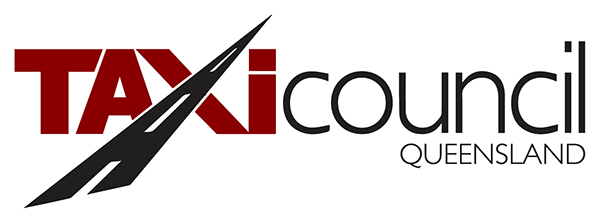Media release
March 01, 2019
The Australian Taxi Industry Association (ATIA) has been a long-standing supporter of the Australian Tax Office’s (ATO) efforts to ensure all businesses operating in Australian markets pay their fair share of tax, and especially actions aimed at plugging loopholes that sophisticated global companies may employ to avoid tax.
A current legal campaign in the UK aimed at forcing Uber to pay back taxes owed has received a serious setback after a court denied their bid to have costs in the lawsuit capped at a reasonable level. The decision will probably see the legal action abandoned notwithstanding the significant public benefit that would have been achieved if successful. It was estimated that Uber could be ordered to pay up to GBP $1.3billion (AU$1.8 billion) in Value Added Tax. (VAT is the UK equivalent of GST in Australia.)
The ATIA’s CEO, Blair Davies says chasing such companies for back taxes is proving the adage that a stitch in time saves nine.
“The ATIA has been on the forefront of this issue in Australia, continuously promoting an equal playing field for everyone in the personalised transport industry when it comes to paying tax. ATIA launched its campaign early into Uber’s Australian endeavour back in 2014 to ensure the ATO tax Uber drivers the same as taxis,” said Mr Davies.
“An attempt to chase Uber in the UK to pay back what it owes seems a difficult and tedious approach albeit with good intentions. Closing loopholes for tax evasion or unfair minimisation should have been foreseen long before Uber was permitted to operate in the country.
“Right from the get go of the uberX service launching illegally in Australia in 2014, the ATIA was onto taxation authorities highlighting the potential loophole that would be created if taxi drivers had to register for GST and declare their earnings for income tax purpose while booked-hire drivers were left to fly under the proverbial radar,” he said.
“The ATO’s decision in mid 2015 to make booked-hire drivers register for GST and pay their fair share of tax just like taxi drivers closed that loophole. It may have taken 15 months to get the loophole closed (became effective from 1 August 2015) but at least it was well and truly closed before the uberX service was legalised anywhere in Australia.”
The first jurisdiction to legalise booked-hire type services was the ACT on 30 October 2015 followed by NSW in mid December 2015.
The ATIA has since turned its attention to the offshoring of profits by global companies and continues to advocate to the Commonwealth Government and ATO take stronger action in this space.
“The taxi industry welcomed the ATO’s timely decision to make booked-hire drivers register for GST and we hope that the drivers have gotten the message that they won’t get away with not paying their taxes. The ATIA’s position in regard to the global platforms is also simple, if you make profits in Australia you have to pay tax in Australia – and before the monies leave our shores to be filtered through some tax haven,” said Mr Davies. “Rather than looking for efforts put into chasing these companies for what they owe, we think its way smarter and easier to close the loopholes and penalise misbehaviour right from the outset.”
ENDS
